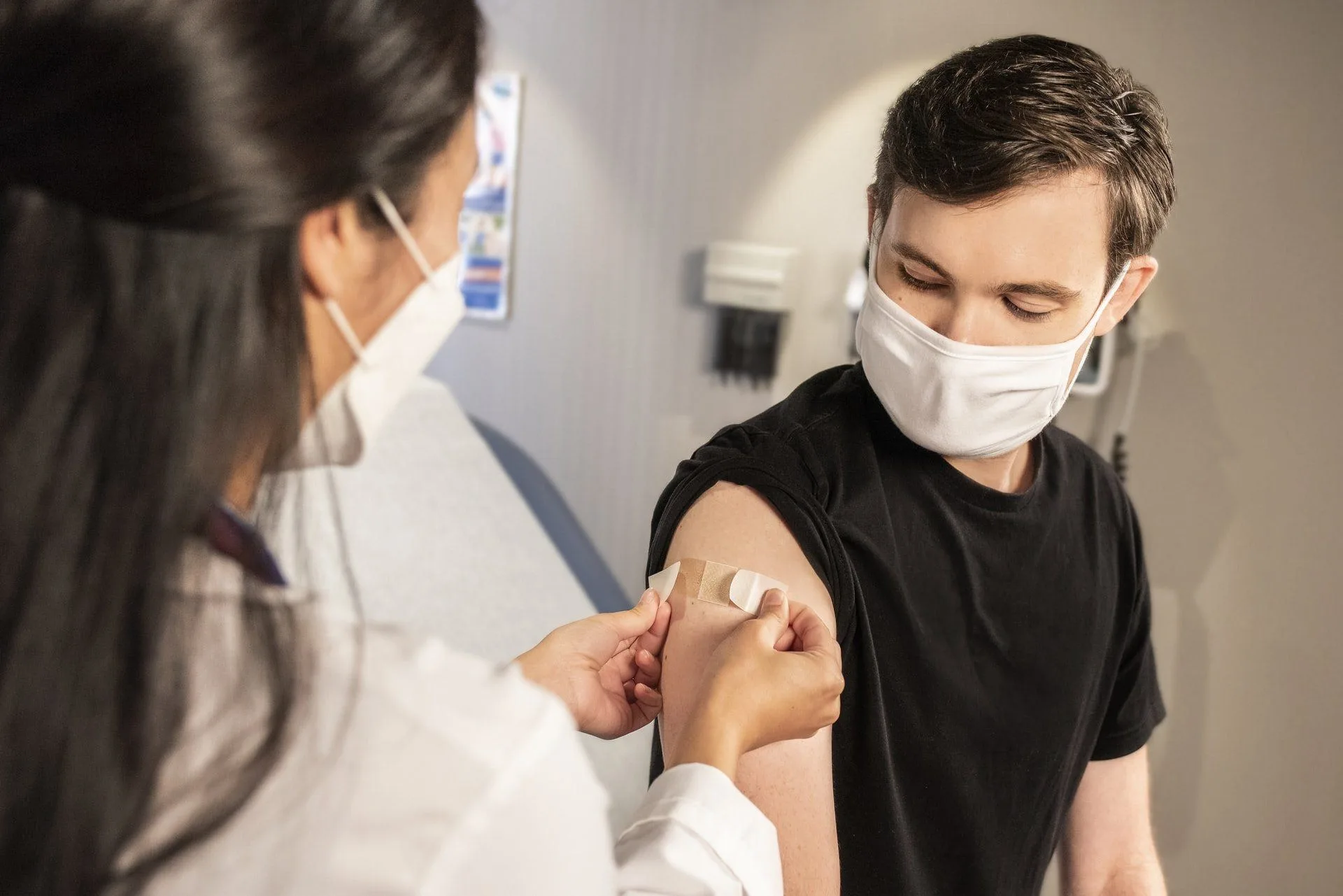When COVID-19 hit the world, it was a shock to everyone. It changed the way we live our lives and how we look at everything around us. For nurses, it was no different.
With this pandemic, there are fewer hospitals available and fewer doctors to care for patients. This means more responsibilities have been put on nurses’ shoulders. To keep up with this, many aspiring nurses have pursued online accelerated MSN programs, so they can gain a better understanding of what’s happening in their workplace and how they can provide better care during any crisis.
These programs will not only help them acquire new skills but will also equip them with the practical knowledge they need to become competent healthcare providers in the post-COVID world. Longevity Live Paid Content.
A Low Doctor-Patient Ratio Forced Nurses To Take On Additional Responsibilities

Photo by Hush Naidoo on Unsplash
The recent global pandemic of COVID-19 has brought a major shift in the roles and responsibilities of nurses. The low doctor-patient ratio, especially in developing and under-developed countries, compelled many nurses to take on new and additional responsibilities.
As per the Global Economy, the doctors per 1000 people in countries like Brazil, China, India, and South Africa are 2.32, 2.24, 0.93, and 0.79, respectively. This is shockingly low given the constantly growing population in these countries.
This low doctor-patient ratio has forced nurses to take on even more responsibility in the medical industry, especially after the COVID-19 pandemic.
For example, nurses were previously responsible for monitoring patients’ health and ensuring they received proper treatment. Since many doctors are now unavailable due to COVID-19, nurses in developing and under-developed countries are also taking on the responsibility of educating their patients about the virus, as well as answering their questions about it.
Need to Manage Unexpected and Emergency Situations
When it comes to managing unexpected and emergency situations, COVID-19 has placed additional responsibilities on the shoulders of nurses.
In a study conducted by the Centers for Disease Control and Prevention (CDC), 7.5% of people (or 1 in 13) develop “long COVID” symptoms, which are symptoms that appear three months or longer after getting the virus but did not exist before. The study further revealed that around half of these patients were admitted to hospitals.
This has led to a shortage of doctors in hospitals, which means that nurses are expected to take on additional roles and responsibilities. They are now responsible for ensuring the well-being of their patients as well as their families.
An increase in workloads
In virus hot spots where the number of COVID-19 infections quickly increased, there was a scarcity of nurses and other front-line staff. They were unable to handle the influx of unvaccinated patients and quit their jobs due to burnout and lucrative out-of-state temporary jobs.
As per the findings from numerous studies conducted by prominent websites, more than half of all nurses surveyed reported a steep rise in their workload as compared to previous years. A majority of them reported an increase in their workload.
This increase is largely due to the fact that doctors are not available at this time, and patients are being referred to them instead. As such, they have had to take on additional responsibilities that were previously managed by doctors, such as diagnosing patients and prescribing medications.
Equipped With Latest Digital Technologies

Photo by Gustavo Fring from Pexels
Nurses have always been at the forefront of healthcare, but during the COVID-19 pandemic, they were also forced to become experts in digital technology. Nurses learned how to use a variety of new digital tools—like voice-activated software and drones—to work faster and more efficiently.
These new skills will change the role of nurses forever.
Nurses will continue to provide the same level of care as before the pandemic, but they’ll be able to do it with fewer resources. They’ll also be able to focus more on caring for patients by using digital technologies to help them get their jobs done more efficiently.
For example, nursing staff can now use voice-activated software to communicate with each other while they’re working in different areas of the hospital. This lets them spend less time away from their patients and more time providing direct care.
Provide Psychological Support to Patients and Their Families
Nurses are a crucial part of the healthcare system, and they have been indispensable in helping patients and families cope with COVID-19.
In the early days of the pandemic, nurses often provided psychological support to patients and their families by holding their hands, giving them a tissue when they cried, or helping them find a place to stay when they were quarantined. They also played an important role in providing accurate information on how to prevent the spread of COVID-19.
Nurses have continued to provide psychological support even now that the pandemic is over. However, this will change after COVID-19 is eradicated from society because their roles will shift from being patient advocates to being patient educators.
Summing Up
The COVID-19 pandemic has changed the way nurses do their jobs in every way. This is because it is a virus that spreads very fast and affects people in different ways. The major shift that has occurred is the change of roles and responsibilities of a nurse. Nurses are not just responsible for taking care of patients, but they also need to be able to work under pressure, with little or no sleep. They have to be efficient while working with other health care workers who are also busy taking care of other patients.



![women [longevity live]](https://longevitylive.com/wp-content/uploads/2020/01/photo-of-women-walking-down-the-street-1116984-100x100.jpg)










